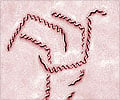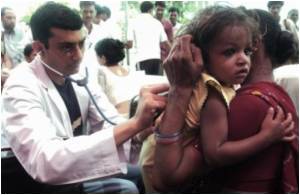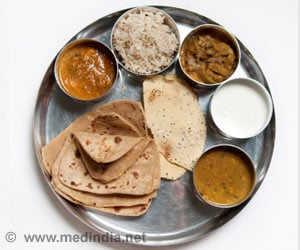Delay in diagnosis and treatment has emerged as a primary cause behind lepto deaths. So doctors are instructed to test all fever cases for leptospirosis.

City physicians say it is important to not lose sight of H1N1 though civic authorities are busy fire-fighting leptospirosis. It has affected nearly 1,800 patients since February 2015 and claimed 43 lives so far. The viral infection that attacks the respiratory system is back in circulation, with six patients recuperating at Kasturba Hospital, the designated center for H1N1 treatment.
"It is definitely in the air now. The reasons could be fluctuations in heat and humidity," said Dr Om Srivastava, Head of infectious disease at Jaslok Hospital. He said there has been a slight increase in cases over the last seven to 10 days. The designated labs testing swabs for H1N1 are also witnessing a marginal increase in positivity.
Additional municipal commissioner Sanjay Deshmukh has issued a circular stating that all fever cases being treated in the ICUs should be tested for leptospirosis using polymerase chain reaction technique (PCR) technique.
"It is important to test samples through Polymerase chain reaction (PCR) technique. Reports are confirmatory and available by 4-5 hours," said Dr Jayanti Shastri, head of PCR lab.
Delay in diagnosis and treatment has emerged as a primary cause behind lepto deaths. So far, 13 of the 16 deaths have been reported from areas between Malad and Dahisar. Two more positive cases have been reported taking the count to 48 in July.
Advertisement










